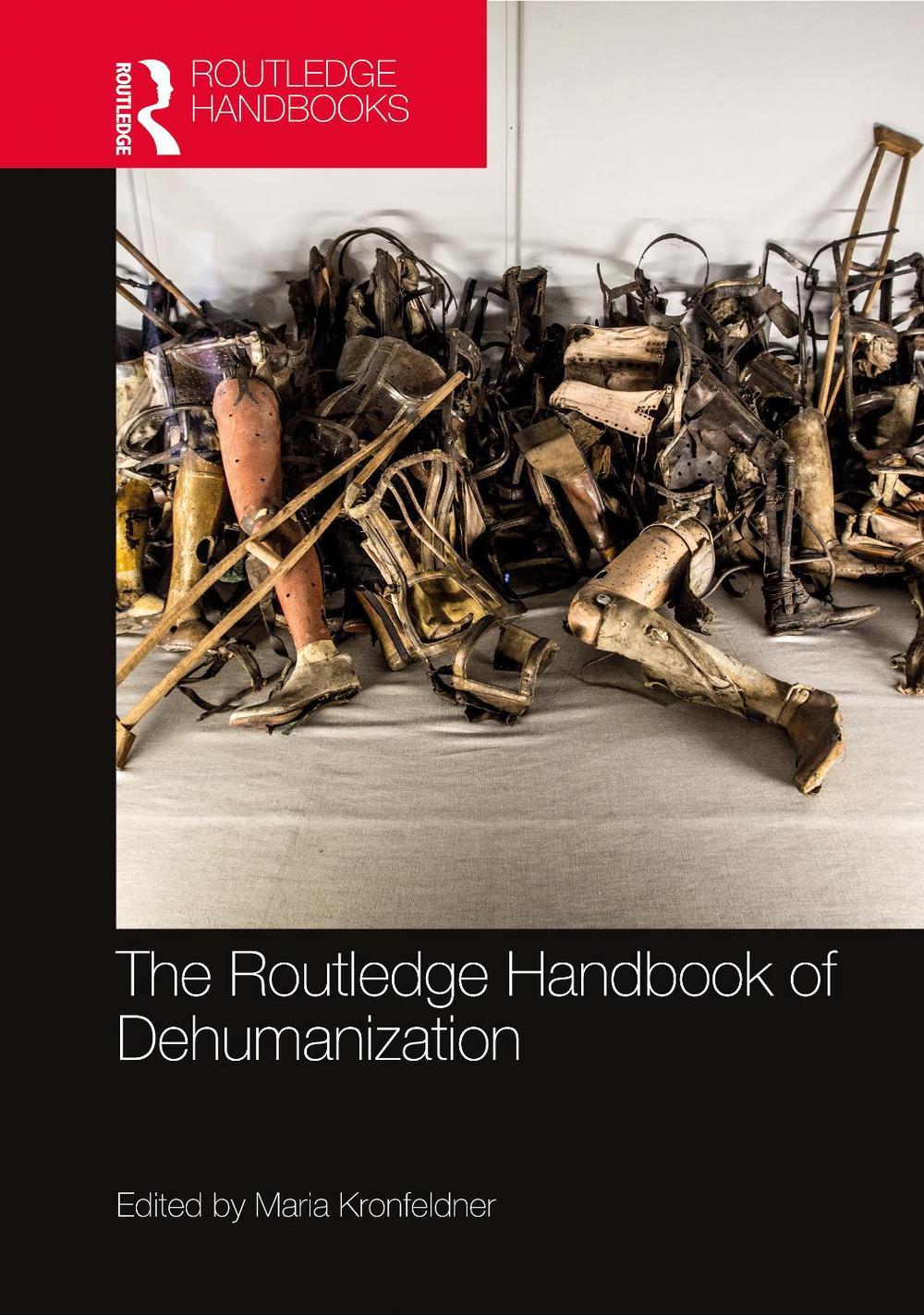
The Routledge Handbook of Dehumanization
- Paperback
404 pages
- Release Date
31 May 2023
Summary
Dehumanization: Unmasking the Loss of Humanity
A striking feature of atrocities, as seen in genocides, civil wars, or violence against certain racial and ethnic groups, is the attempt to dehumanize — to deny and strip human beings of their humanity. Yet the very nature of dehumanization remains relatively poorly understood.
The Routledge Handbook of Dehumanization is the first comprehensive and multidisciplinary reference source on the subject and an outstanding sur…
Book Details
| ISBN-13: | 9780367637132 |
|---|---|
| ISBN-10: | 0367637138 |
| Series: | Routledge Handbooks in Philosophy |
| Author: | Maria Kronfeldner |
| Publisher: | Taylor & Francis Ltd |
| Imprint: | Routledge |
| Format: | Paperback |
| Number of Pages: | 404 |
| Release Date: | 31 May 2023 |
| Weight: | 780g |
| Dimensions: | 246mm x 174mm |
What They're Saying
Critics Review
“Dehumanization as practiced is an all too tragically familiar feature of human history; dehumanization as analyzed and critically theorized is, sadly, far less explored. In this invaluable contribution to the literature, editor Maria Kronfeldner has brought together an impressive international team of experts to examine the dismayingly diverse ways and realms of human interaction in which dehumanization can and continues to take place. One can only hope that this major work in theory will help in the reduction and—one day—the ultimate elimination of the practice.” - Charles W. Mills, The Graduate Center CUNY, USA
About The Author
Maria Kronfeldner
Maria Kronfeldner is Professor of Philosophy at Central European University (New York - Vienna - Budapest). She is the author of What’s Left of Human Nature (2018), and Darwinian Creativity and Memetics (Routledge, 2011). She currently directs ‘The Epistemology of the In/Human’ project.
Returns
This item is eligible for free returns within 30 days of delivery. See our returns policy for further details.




